-
Program Duration: 2 Year Program
-
Degree Type: Associate in Applied Science (A.A.S.)
-
Total Credit Hours: 70
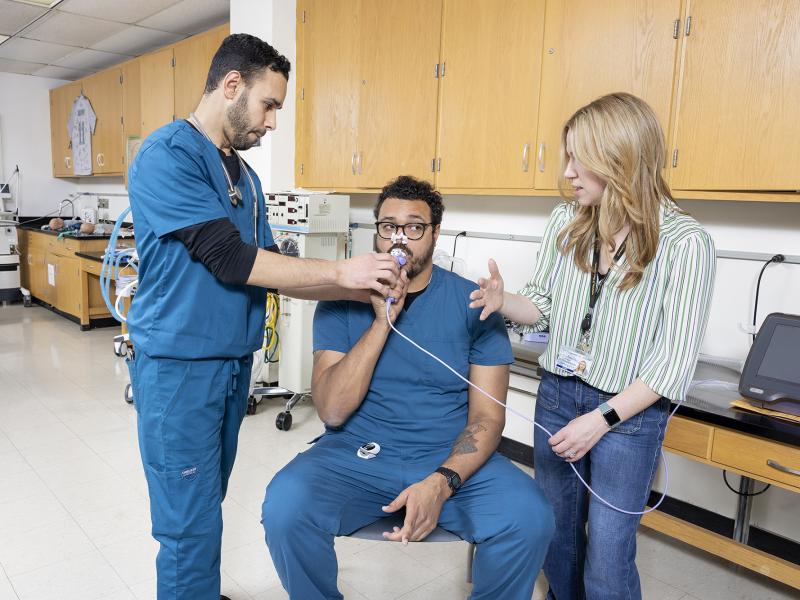
About This Program
Our Respiratory Care Technology program will teach you the skills you need to become a respiratory therapist. You will learn how to assess a patient’s condition, develop an appropriate care plan, handle technical equipment, make scientific calculations, and work independently to assist physicians in diagnosing and treating patients. Our program also offers lab training, classroom study and supervised experience in hospitals and health care settings, as well as preparation to take the national board exams for licensure required to fill a job in this field. Upon completing the program, you will be eligible to take the entry-level Certified Respiratory Therapist exam, as well as additional credentials, including Registered Respiratory Therapist, Neonatal/Pediatric Specialist, Certified Pulmonary Function Technologist, and Registered Pulmonary Function Technologist.
Program Accreditation
The Respiratory Care Technology Program, CoARC program number 200168, Associate of Applied Science, Philadelphia, PA is accredited by the Commission on Accreditation for Respiratory Care. CoARC accredits respiratory therapy education programs in the United States. To achieve this end, it utilizes an outcomes based process. Programmatic outcomes are performance indicators that reflect the extent to which the educational goals of the program are achieved and by which program effectiveness is documented.
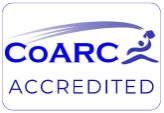
Program Admission and Requirements
Join Us for an Information Session
Learn how our program will prepare you for a career as a respiratory therapist at our information session at Community College of Philadelphia's Main Campus in the West Building, Room W2-37. We'll be hosting sessions in our respiratory lab on February 25, March 18 and April 8 at 1 p.m. Meet program faculty, ask questions and learn how you can accelerate your career in health care by becoming a respiratory care practitioner. Please RSVP to join us.
RSVP for the Information Session
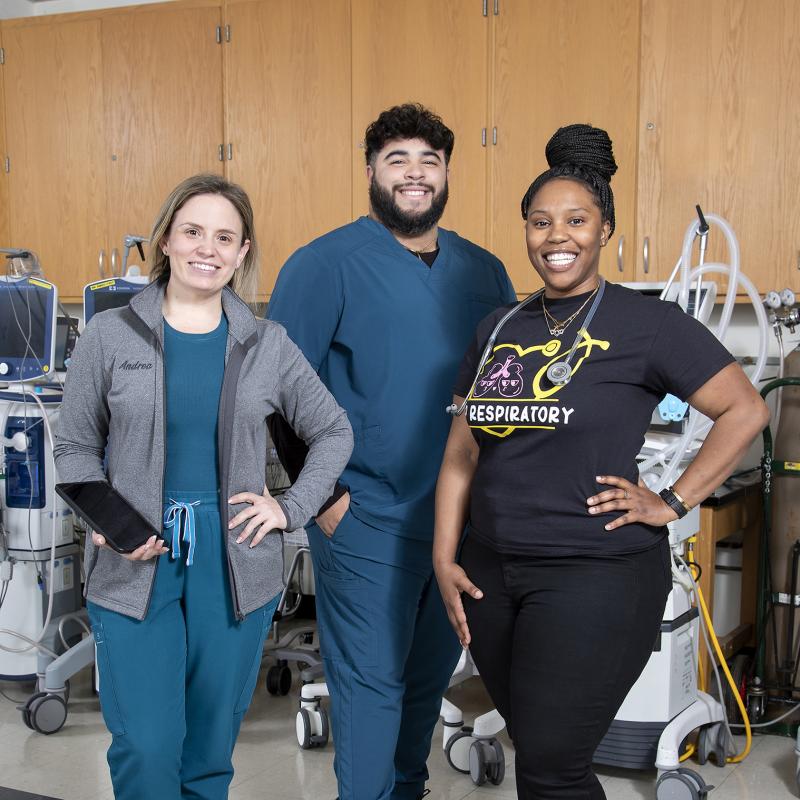
Launch Your Career in Respiratory Care Technology
- Respiratory Therapist est. salary $96,522
Career Outlook
Median Salary of a Respiratory Therapist
Number of Jobs in the Region
10-year Job Outlook in the Region for Respiratory Therapist
Respiratory Therapist
Assess, treat, and care for patients with breathing disorders. Assume primary responsibility for all respiratory care modalities, including the supervision of respiratory therapy technicians. Initiate and conduct therapeutic procedures.
Starting Pay: $76,922.
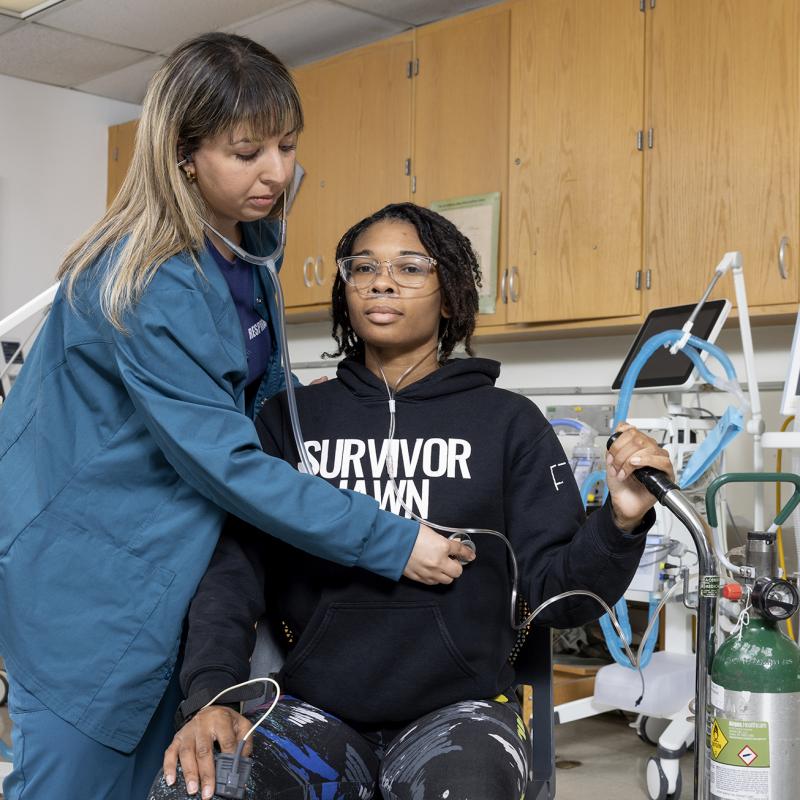
Related Programs
Let's Get Started

